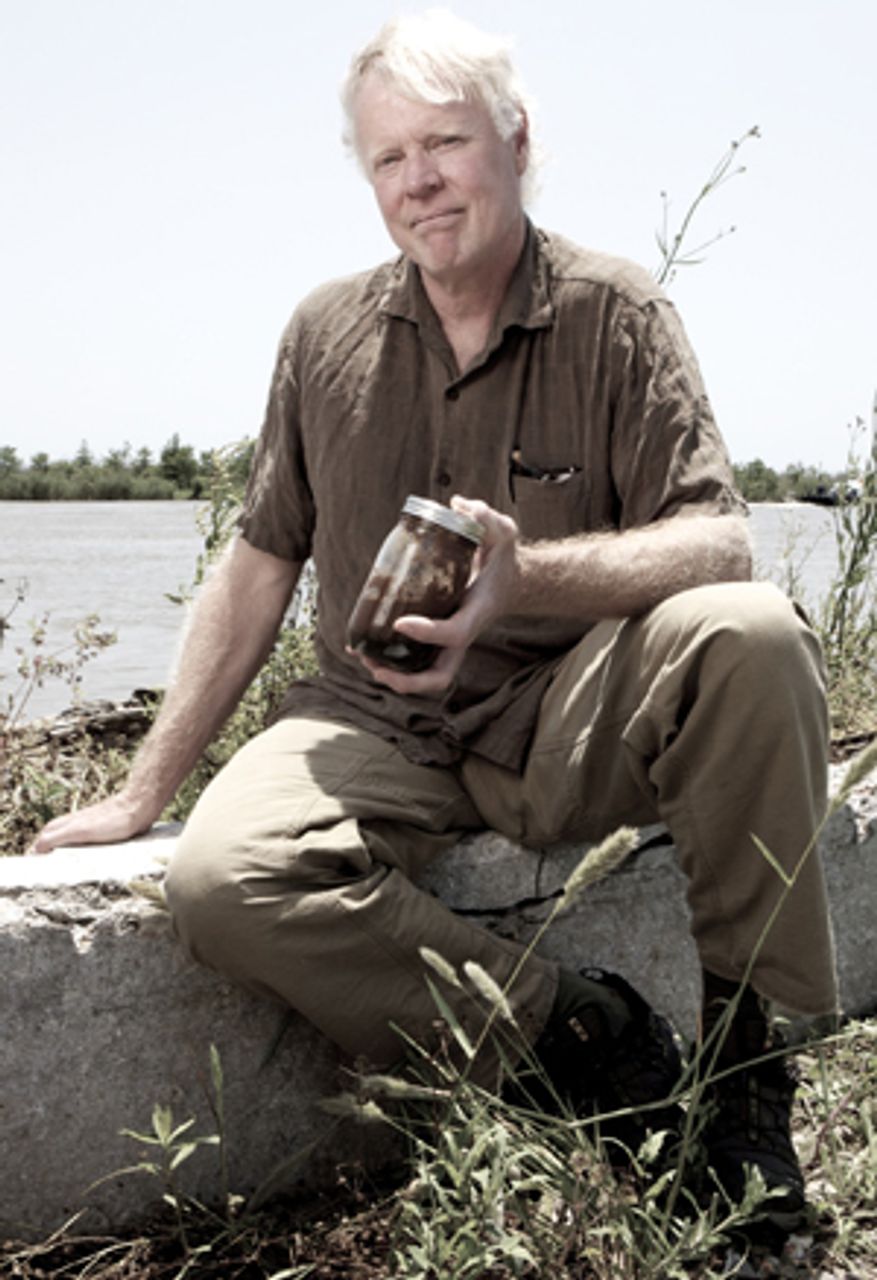Kenneth Feinberg, the head of the Obama administration’s BP oil spill compensation fund, last week published a document that paves the way for a drastic reduction in BP’s payments to fishermen and business owners hurt by the oil spill.
The report proclaims a near-immediate recovery of the Gulf of Mexico, declaring, “Full economic recovery in the Gulf region is likely (but not certain) within two to three years from the date of the oil spill.”
As a result, the report concludes that “losses in 2011 will be approximately 70% of the actual documented losses in 2010.” Due to the rapid recovery assumed by the document, Feinberg plans to cap payments to twice the level paid out in 2010.
Feinberg’s conclusions about the oil spill recovery are based almost exclusively on the opinion of biologist Wes Tunnell, whom he commissioned to write a report on the economic impact of the spill. Tunnell carried out his study in only two weeks.
Among his findings, Tunnell estimated that “blue crab populations do not appear to have been significantly impacted by the DWH [Deep Water Horizon] oil spill,” and that “commercial finfish are not believed to have been significantly impacted... except with the possibility of those in the floating fish egg stage.”
Tunnell concludes his study by saying that “making an exact call for the time of recovery of any fishery group after a major oil spill is impossible.” Nevertheless, the basic conclusion of his report is that economic damage to the Gulf of Mexico will have ceased within three years.
 Rick Steiner
Rick SteinerRick Steiner, a conservation biologist and expert in oil spills, said Tunnell’s report does not constitute a legitimate basis for any systematic conclusions. “This is just one guy giving his opinion, and this is by his own admission,” Steiner told the World Socialist Web Site. “It does not in any sense present the basis for any broader assessment of the economic impact of the oil spill.”
“It’s not a scientific study with a defined methodology; it certainly wasn’t published in a peer-reviewed journal. There are typographical errors, content errors; this cannot be relied on as anything but one guy’s opinion,” Steiner added. He rattled off over a dozen problems with Tunnell’s report, noting the shallowness with which it treats the gulf ecology and the superficiality of its conclusions.
“Making predictions based merely off of population data is completely inappropriate; Tunnell should know that.” said Steiner. “After the Exxon Valdez, the pink salmon population exploded, and Exxon used this to argue that the environmental damage was minimal. What really happened was that all the predators, namely the birds, were killed off by the oil spill.”
Steiner said that population ecology is highly complicated and works in unpredictable ways. “After the Exxon Valdez spill, herring was not affected till after the settlement. After about three years, the herring population collapsed and has yet to recover.”
“Twenty years after the Exxon Valdez spill, we’re still feeling the effect,” Steiner said.
Feinberg’s new report sets the stage for a drastic reduction in payments by BP, essentially capping its liabilities to double what was paid out in 2010. Since the fund paid only about $3.5 billion in 2010, the total payout from BP can be expected to be $7 billion.
This number is equivalent to just one third of BP’s $20 billion dollar payment fund, and is less than one thirtieth of BP’s total assets.
Feinberg was appointed by the Obama administration in June 2010 to head the BP oil spill compensation fund. His selection was approved by BP’s chairman, Carl-Henric Svanberg. Since then, Feinberg has worked closely with the company in an attempt to limit liabilities and prevent a massive court case against BP.
Feinberg has been paid well for his efforts. His law firm has received $2.5 million from BP between mid-June and early October. Despite the fact that he is directly employed by the oil giant, Feinberg has sought to convince the people ruined by the spill that he is an independent arbiter in order for them to settle with BP instead of taking their claims to the courts.
A New York federal judge last week ordered that Feinberg, his law firm, and the BP claims fund stop referring to themselves “as ‘neutral’ or completely ‘independent’ from BP.”
The judge further ordered, “It should be clearly disclosed in all communications, whether written or oral, that said parties are acting for and on behalf of BP in fulfilling its statutory obligations as the ‘responsible party’ under the Oil Pollution Act of 1990.”
Feinberg responded to the ruling by quoting in a press release a letter from NYU professor Stephen Gillers, who declared that Feinberg is “independent” of BP. Feinberg added that whatever the decision of the judge, “the only interests I have are in compensating [victims] for their losses.”
“Feinberg’s latest announcement is an effort to limit BP’s losses,” Steiner said.
